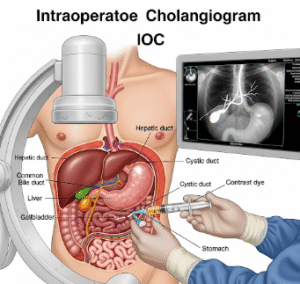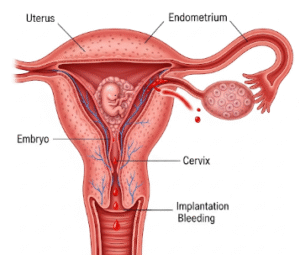Overview
Systemic hypertension in pregnancy refers to high blood pressure conditions that occur during pregnancy, which can pose serious risks to both the mother and the fetus. It includes chronic hypertension, gestational hypertension, and preeclampsia. Proper diagnosis and management are essential to reduce complications and improve pregnancy outcomes.
What is Systemic Hypertension in Pregnancy?
This condition includes various types of hypertension occurring during pregnancy:
- Chronic hypertension: High blood pressure present before pregnancy or diagnosed before 20 weeks gestation.
- Gestational hypertension: New-onset high blood pressure after 20 weeks without proteinuria.
- Preeclampsia: Hypertension after 20 weeks with proteinuria or other organ dysfunction, potentially life-threatening.
These disorders affect the cardiovascular system and can lead to complications if untreated.
Symptoms
- Elevated blood pressure readings (≥140/90 mmHg)
- Headache
- Visual disturbances (blurred vision, spots)
- Swelling in hands, face, or feet (edema)
- Upper abdominal pain
- Sudden weight gain
- Nausea or vomiting (especially with preeclampsia)
Causes
- Preexisting hypertension
- Placental abnormalities
- Genetic predisposition
- Immune system factors
- Lifestyle factors such as obesity and stress
Risk Factors
- First pregnancy
- Multiple pregnancies (twins, triplets)
- Age under 20 or over 35
- Obesity
- Family history of hypertension or preeclampsia
- Diabetes or kidney disease
- History of hypertension in previous pregnancies
Complications
- Placental abruption
- Preterm birth
- Intrauterine growth restriction (IUGR)
- Eclampsia (seizures)
- Organ damage (kidneys, liver)
- Increased risk of cardiovascular disease later in life
- Maternal and fetal mortality
Prevention
- Regular prenatal check-ups for early detection
- Control of preexisting hypertension before conception
- Healthy diet and exercise during pregnancy
- Avoid smoking and alcohol
- Close monitoring for high-risk pregnancies
Treatment Options in Korea
South Korea offers advanced maternal-fetal medicine services for managing systemic hypertension in pregnancy:
- Diagnosis and Monitoring
- Frequent blood pressure measurements during prenatal visits
- Urine tests for proteinuria
- Ultrasound to monitor fetal growth and placental health
- Medications
- Safe antihypertensive drugs during pregnancy, such as labetalol, methyldopa, and nifedipine
- Magnesium sulfate to prevent seizures in severe preeclampsia
- Hospital Care
- Close monitoring in specialized obstetric wards for severe cases
- Early delivery if maternal or fetal health is at risk
- Specialized Centers
- Maternal-Fetal Medicine units at hospitals like Severance Hospital and Samsung Medical Center provide multidisciplinary care
- Postpartum Care
- Blood pressure monitoring after delivery
- Counseling on long-term cardiovascular risk













